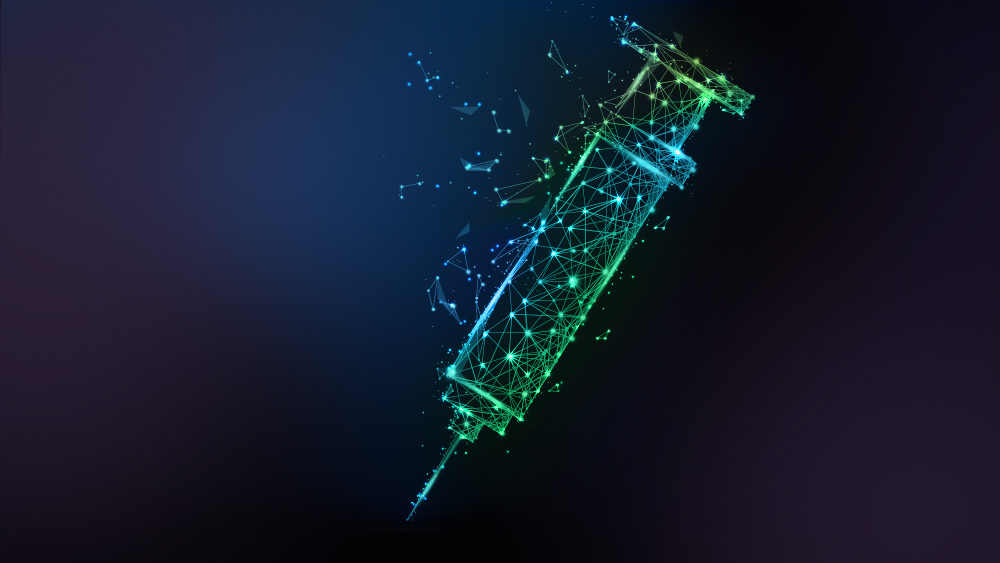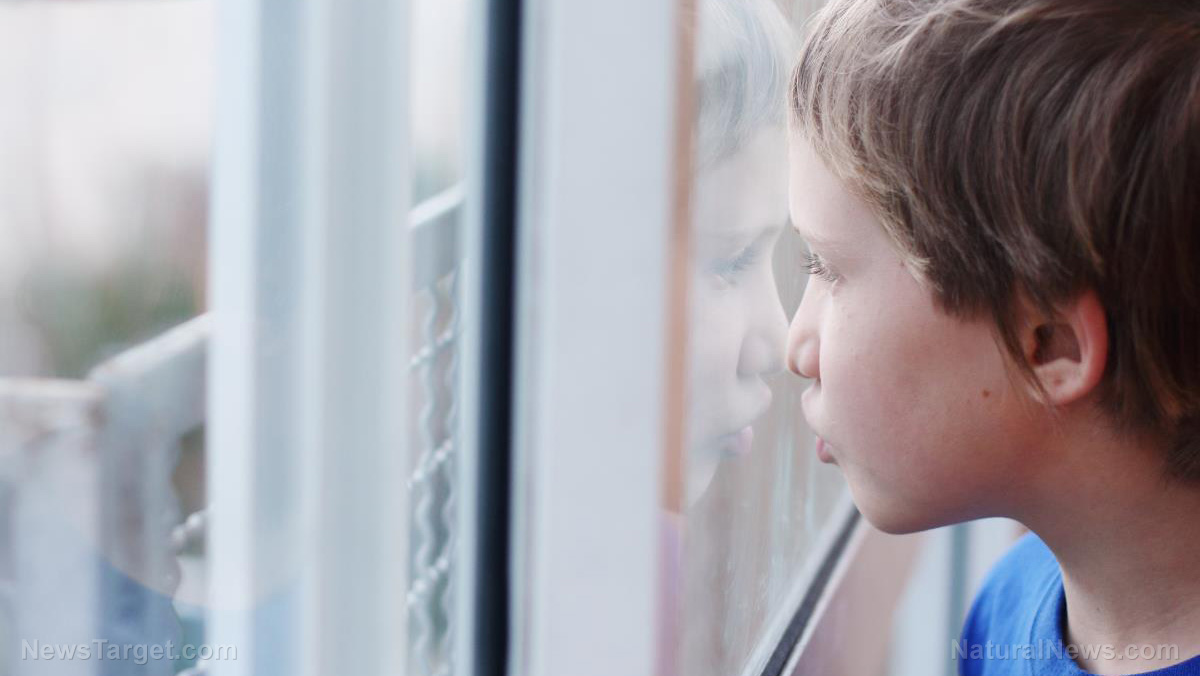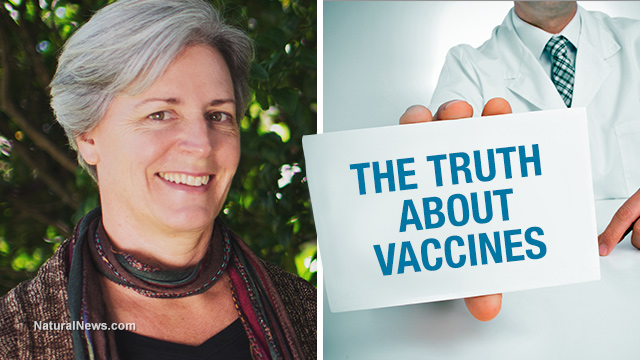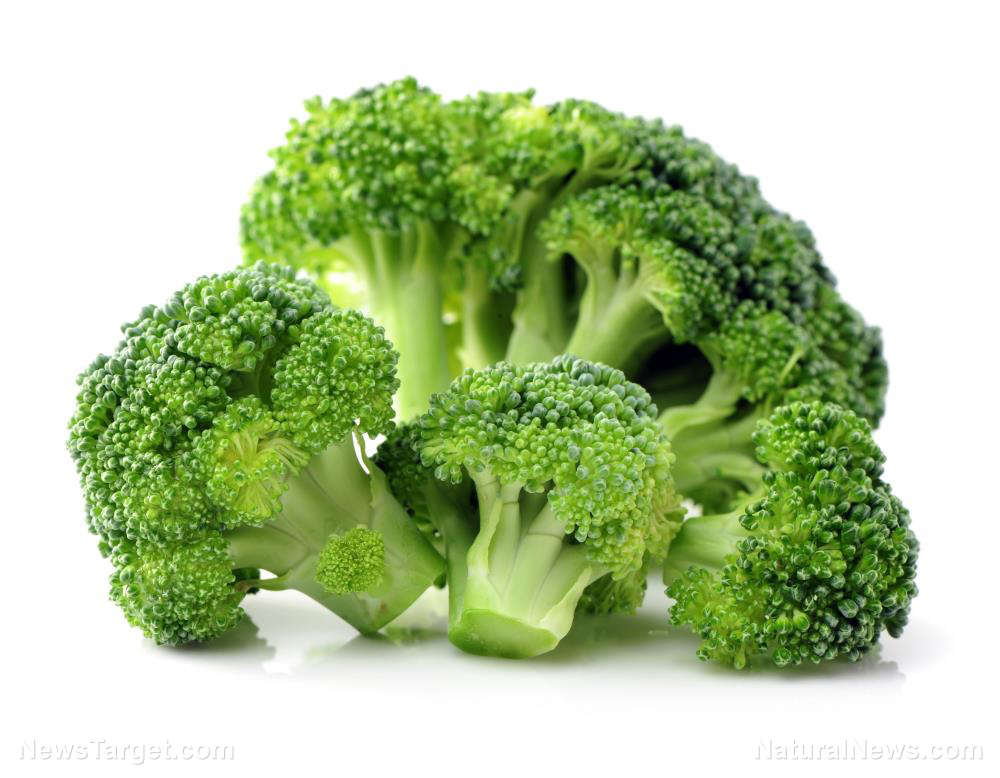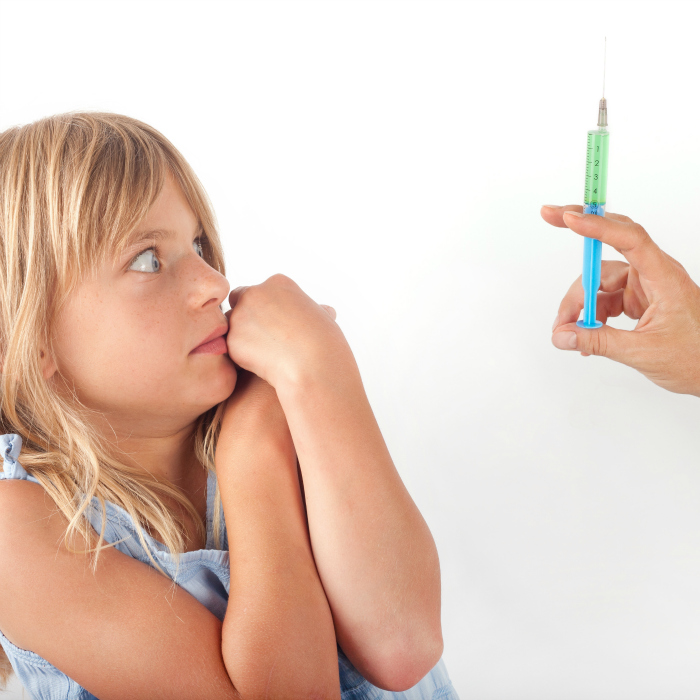Scalp acupuncture found to effectively reduce ASD (autism) symptoms
07/22/2019 / By Ralph Flores

Researchers from the Hong Kong Baptist University have found that scalp acupuncture can potentially be used to treat symptoms of autism spectrum disorder (ASD). In their paper, they reported that children stand to benefit the most from this procedure, based on the results of their trial.
“We observed a better improvement in children of [a] younger age to receive acupuncture treatment,” they wrote in their study, which appeared in Chinese Medicine. “Early intervention is always encouraged for ASD children.”
Start ’em young
The researchers designed a pragmatic clinical trial — that is, a study aimed to assess the effectiveness of an intervention using real-world settings (compared to the more conventional forms of RCTs) — around community-based, outpatient settings in hospitals in Hong Kong. The team focused on scalp acupuncture, which involves the insertion of needles at specific points (acupoints) in the scalp lines or zones, and how it can improve symptoms of ASD.
Compared to established practices such as acupuncture and acupressure, scalp acupuncture is a more contemporary approach to traditional Chinese medicine. Developed around the 1950s, scalp acupuncture combines traditional needling with modern understanding of neuroanatomy and neurophysiology. This was further developed into a radical tool for exploring the central nervous system in the ’70s, with the guidance of neurosurgeon Jiao Shun-fa, who is often considered the father of scalp acupuncture.
Earlier trials for scalp acupuncture focused mainly on treating stroke-related complications like paralysis and aphasia — a condition marked by impairment of language following brain injury. Most studies were positive, as the procedure greatly improved symptoms of paralysis and helped in pain management for particularly serious neurological disorders. When it comes to ASD, a developmental disability seen in one out of six children in the U.S., controlled trials have also been promising — with scalp acupuncture, together with electroacupuncture, causing significant improvements in both cognitive and expressive language skills.
However, studies are yet to explore how factors such as age and onset type could influence the effectiveness of complementary and alternative treatments like acupuncture. Onset type in autism refers to one of two patterns: The early onset pattern, wherein children exhibit delayed language development and other social abnormalities in their first year, and the regressive pattern, in which their speech, cognitive skills, and behavior normally develop then regress later on.
“Despite the advantages of acupuncture therapy on ASD children demonstrated in previous studies, no investigations [have] currently been made on how age and onset type of ASD influence the therapeutic effect of acupuncture treatment,” they added.
In the current study, the researchers enrolled ASD children in acupuncture treatment. To be eligible for the study, they had to be between the ages of two to 11 and had to be diagnosed with ASD by a medical professional. The selected participants were then treated with a standardized therapy that covered 14 functional areas of the brain, namely: Bai Hui (GV20), Si Shen Chong (EX-NH3), and other areas such as those in the forehead and those that affected auditory speech. The hour-long treatments were conducted twice a week, with the whole course totaling 30 sessions.
Based on the results, the team noted that a patient’s age affects the effectiveness of the treatment. Those who were under five years old stood to benefit the most from the procedure, with previous studies showing a more promising outcome based on behavioral therapies used on autism patients. This makes early identification of behavior a key factor in making sure that the treatment works. While the effectiveness of the treatment is reduced with age, researchers noted that a child can still benefit from scalp acupuncture.
Those with early onset ASD that underwent scalp acupuncture had better scores in verbal communication than those with regressive pattern ASD. However, both exhibited similar scores for other areas, including noise sensitivity, food selectivity, and behavioral problems, among others.
Allergies, vaccines linked to ASD onset
The researchers also found a novel association between allergies and ASD. Scientists have previously linked atopic history — both familial and maternal — to the development of regressive onset ASD. Based on their results, the researchers opined that aside from allergies, having a family history of autoimmune disease such as thyroid disease is also a risk factor in the development of regressive onset ASD.
The study also hinted at other factors that can cause ASD to appear at a later time. These include exposure to severe infection and even vaccination for measles, mumps, and rubella (MMR). Natural News has previously covered the link between these two, releasing a large collection of scientific data on how vaccinations, mercury, and thimerosal are linked to cases of autism.
“Whilst the mechanism of ASD remains unsettled, we should remain skeptical about the use of medical manipulations such as vaccination on infants and young kids,” the researchers concluded.
Sources include:
Tagged Under: acupuncture, allergies, alternative medicine, ASD, ASD onset pattern, atopy, Autism Spectrum Disorders, brain function, brain health, children's health, cognitive health, cognitive skills, Complementary and alternative medicine, disease treatments, immune system, language impairment, natal autism, natural cures, natural medicine, regressive autism, regressive pattern, remedies, research, scalp acupuncture, TCM, therapy, Vaccinations, verbal communication
RECENT NEWS & ARTICLES
COPYRIGHT © 2017 AUTISM TRUTH NEWS







